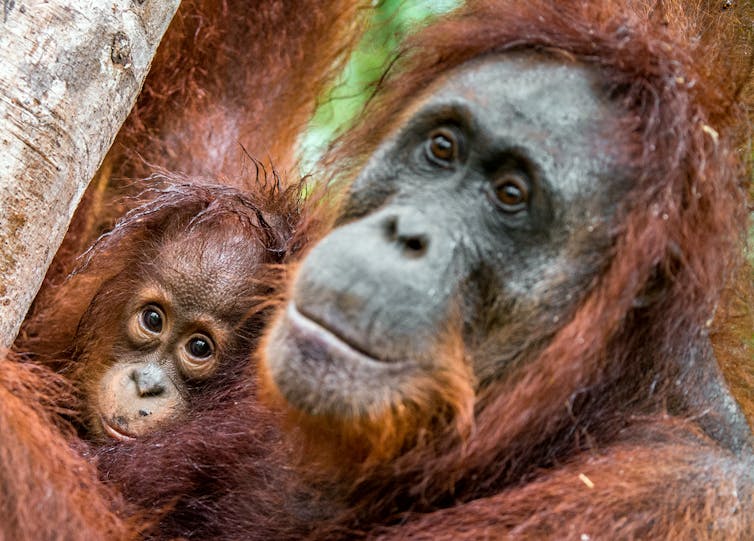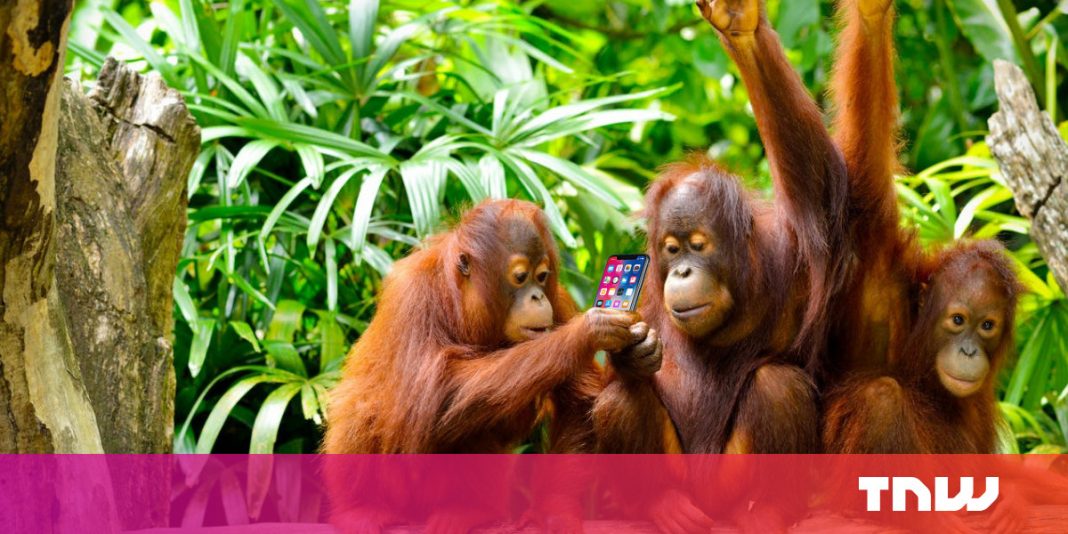The advancement of language transformed a defenceless naked ape into a world-dominating force. It essentially changed how people send details and understanding. A big and powerful element of language is our capability to interact about things that are not here, that took place in the past, or that will take place in the future. This function of language is referred to as “ displaced recommendation“.
Displaced recommendation is universal throughout the world’s languages and pervades our lives. In reality, to discuss today minute has actually ended up being a rarity nowadays, though obvious exceptions are when we comment about the weather condition, request the salt over the table, or talk with extremely young kids.
Displaced recommendation unshackles speakers from today. The magnitude of details that appears to people (or types) efficient in displaced recommendation is for that reason immeasurably higher than people (or types) strictly residing in “the here and the now”– which is the bulk of the animal kingdom.
Up until now, besides people, just social pests can displaced recommendation. It is amazing how honey bees (and their small brains) can interact, for example, about the area of remote food sources to other bees in the hive.
The discovery of this reality warranted a Nobel Reward in Physiology and Medication for Karl von Frisch in1973 Displaced recommendation in social pests generates lots of interesting– and unanswered– concerns about animal intelligence and what the very little practical intelligence systems for a specific cognitive capability are.
Nevertheless, biologically, bees and other pests are far apart from people and can inform us extremely little about how language advancement played out amongst our forefathers. Doing not have examples in vertebrates, mammals, or non-human primates, consisting of primates– our closest loved ones– researchers actually had no hints about how this capability happened in people. However this is the brand-new jigsaw piece that wild orangutans are giving the puzzle of language advancement.
The missing out on link?
In the low mountain rain forests of Sumatra, Indonesia, our group simulated a natural encounter with a predator to study the singing reactions of wild orangutan women. The established included a human scientist, camouflaged as a forest huge feline, parading on all fours throughout the forest flooring in front of the orangutan women.

We observed that, in spite of revealing all sorts of distress (consisting of urinating and defecating), orangutan women avoided reacting vocally towards the “predator”. Rather, they waited as much as 20 minutes to interact their alarm to their offspring, long after the predator had actually left the scene. Throughout a number of experiments there was a typical hold-up of 7 minutes prior to the women vocally revealed their alarm.
The information (and basic sound judgment if we envision ourselves dealing with a wild Sumatran tiger!) recommend that to react vocally in the existence of a predator would have been a substantial threat to the orangutans’ security. If the women had actually reacted right away by calling out cautions, the predator might have found them and possibly tried an attack, especially on the baby orangutans.
Rather, the moms awaited a substantial quantity of time prior to indicating singing alarm about the threat that had actually now passed. The concern that comes to mind, then, is: why did the women signify their alarm at all? If they had not reacted vocally at any point, they would not have dealt with any threat at all, right?
That is unquestionably real; however had the moms not revealed alarm, their babies would have stayed unconcerned to among the most deadly threats in the rain forest. Rather, the women waited enough time up until it was safe to call out, however not so long that their babies might not link their moms’ singing distress with what had actually simply occurred, and comprehend that it was incredibly harmful. The female orangutans were teaching their young about the threats in the forest by describing something that had actually occurred in the (current) past.

In the 1970 s, early efforts to launch saved orangutans and reestablish them back into this very same forest came a cropper. Almost all the launched animals fell victim to forest felines, basically for absence of understanding about survival in the rain forest.
Orangutan babies stick with their moms as long as human kids do. It has actually been revealed that this remarkably extended period makes sure that moms hand down a range of understanding, abilities and tools to their offspring. Our brand-new findings show that mentor about predators is an essential element of this.
Broadening this out to human language advancement, orangutans exhibit how our forefathers most likely interacted beyond the here-and-now about the past, and perhaps the future, even prior to they had actually said their very first word. Together with installing proof, primates are assisting researchers develop a clearer photo of our ancient forefathers as they moved towards completely fledged language.
By revealing us that we are, after all, not so various from them, primates assist us discover where we originate from, specify who we are and, ideally, choose where we are going as smart stewards of our valuable world.
This post is republished from The Discussion by Adriano Reis e Lameira, Marie Curie Fellow, School of Psychology and Neuroscience, University of St Andrews under an Imaginative Commons license. Check out the initial post









